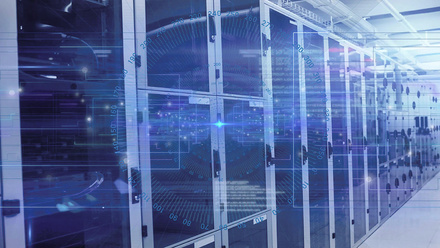New Euralarm guidance on the impact of high airflow on gaseous fire extinguishing system performance in data centers
The new guideline is aimed at fire system designers, IT managers and operators of data centers.
Recent industry research explored whether contemporary cooling methods and the continued movement of air, common to modern data centers, had any impact on the performance of gaseous fire extinguishing systems, and whether this effect was good or bad.
Euralarm’s guidance document aids interpretation of the research, will help the European market foster a practical application of its findings, and complement the conclusions at the back of the report.
Protecting Information Technology Equipment (ITE)
Protecting ITE from fire whilst also safeguarding its continued operation is paramount to most businesses nowadays. Gaseous fire extinguishing systems, using clean agents, are principally used to protect critical ITE. With a need for “high availability”, this now includes throughout the full fire scenario and for as long as the ITE is expected to operate.
The exponential growth of data and need for more processing power brings challenges of heat generation and demands improved and more efficient cooling. With data centers commonly having complex and targeted air flow that cannot be shutdown even during a fire incident, it is important to know how to better engineer a fire protection system.
The Euralarm guidance document explains the research and signposts the reader to salient parts of the full report whilst discussing practical applications of its findings.
Copies of the new guidance document on the impact of high airflow and hot/cold aisle containment on gaseous fire extinguishing system performance in data centers are available in English, Spanish, French and German.






